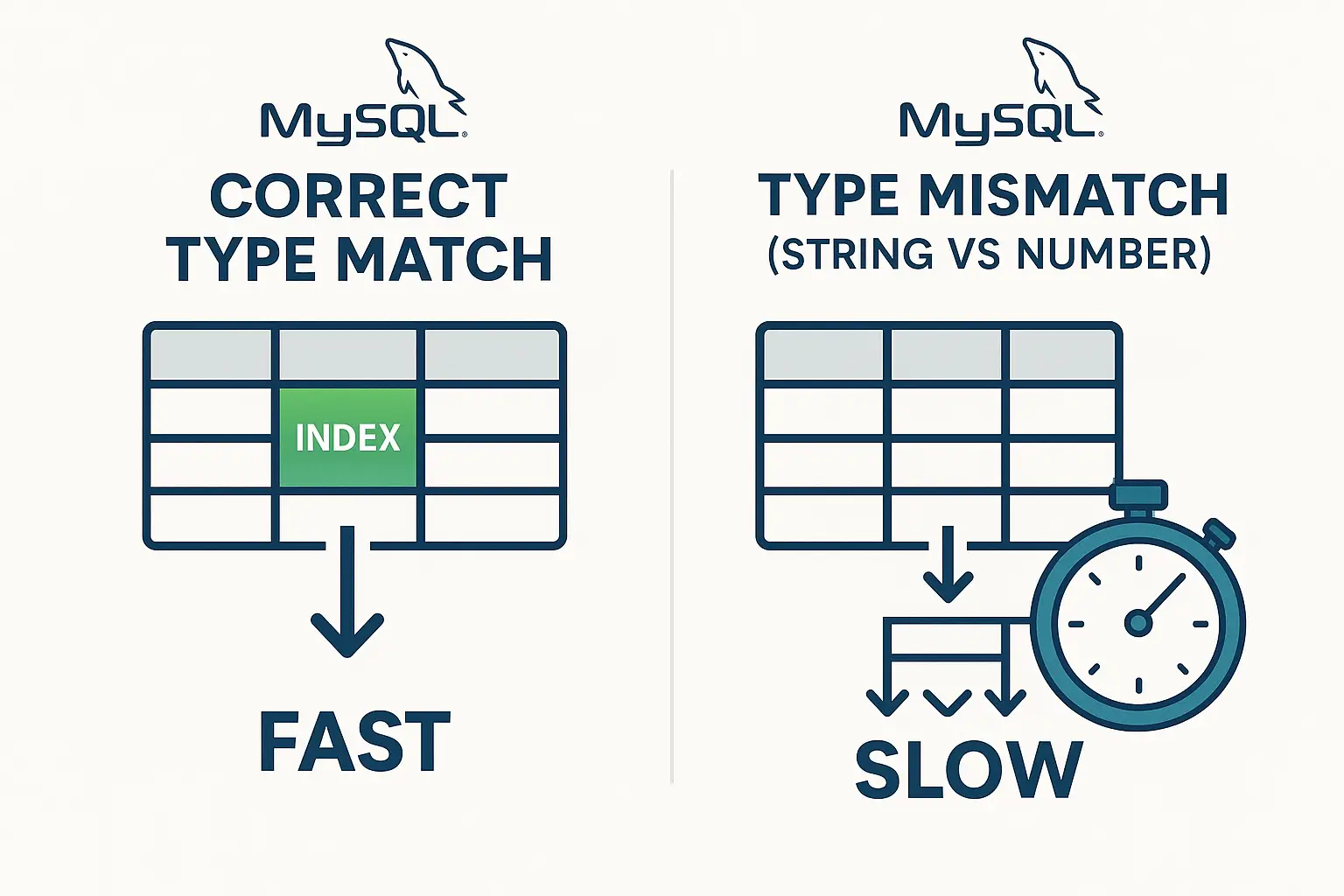Foreign Keys and Performance: Things You Might Not Know in RDBMS
A FOREIGN KEY in a relational database management system (RDBMS) is a constraint used to maintain referential integrity between two tables. The performance impact of using foreign keys can affect operations such as INSERT, UPDATE, and DELETE. Here are some key aspects of foreign key performance in RDBMS:

1. Impact on INSERT and UPDATE
- When you INSERT or UPDATE a record that involves a foreign key, the database system must check whether the value exists in the referenced table (the parent table). This can introduce a delay, especially in cases where:
- The parent table is large.
- The referenced column in the parent table is not indexed.
- Bulk operations are being performed.

Optimization:
- Ensure that the referenced column (primary key) is indexed. Indexing allows the DBMS to verify referential integrity more quickly.
- Regularly optimize indexes to maintain their efficiency.
2. Impact on DELETE
- Deleting a record in the parent table requires the DBMS to check the child table (foreign key table) for dependent records. This check can be resource-intensive if:
- The child table contains many records.
- The foreign key column in the child table is not indexed.
- The
ON DELETE CASCADEoption is used, which automatically deletes related records.

Optimization:
- Index foreign key columns to improve search efficiency when checking for related records.
- Avoid using
ON DELETE CASCADEif large numbers of dependent records could cause performance bottlenecks during mass deletions.
3. Large Primary and Foreign Keys
- Using large data types for primary and foreign keys (e.g.,
VARCHARinstead ofINT) can slow down performance. Larger values take longer to compare and process.

Optimization:
- Use smaller, more efficient data types for keys (e.g.,
INTorBIGINTrather thanVARCHAR), where possible.
4. Locking Mechanisms
- Foreign keys can lead to locking issues during INSERT, UPDATE, or DELETE operations, as the referenced tables may be locked while referential integrity checks are performed. This can lead to contention between concurrent transactions.

Optimization:
- Manage transactions carefully, ensuring locks are held for the shortest necessary duration.
- Optimize queries to minimize the time spent checking foreign key constraints.
5. Partitioning and Fragmentation
- In large tables, fragmentation or partitioning can impact the performance of foreign key checks, especially if related records are spread across multiple partitions or fragmented.

Optimization:
- Use partitioning strategies to keep related records in the same partition, reducing the cost of referential integrity checks.
6. Alternative Techniques
In some cases, you might consider alternative methods to foreign keys to improve performance:
- Handle referential integrity in the application layer rather than relying on database constraints.
- For high-performance systems where strict referential integrity isn’t essential, consider temporarily disabling foreign keys during bulk data loads.

Conclusion:
While foreign keys ensure data integrity, they can have a significant performance impact if not managed properly. Optimizing performance involves indexing, minimizing the size of key columns, managing locks effectively, and using partitioning. In specific use cases, it may be appropriate to forego foreign keys and use alternative strategies when performance is a higher priority than strict integrity enforcement.





